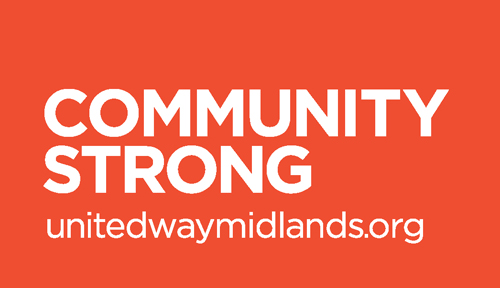Devya could say words like “mom,” “dad” and “grammy” before she was a year old. But after her first birthday, her vocabulary ceased to exist. She wasn’t making eye contact. She wouldn’t respond to her name.
Soon there was a diagnosis: autism, which affects one in 88 children.
Because autism services are not covered by most insurance providers in Nebraska, there are few options for kids like Devya, now 2½. But she and two others are the lucky ones. They receive free therapy through a UNMC Munroe-Meyer Institute pilot program that targets the youngest cases (18-36 months) for early intervention.
|
Thanks to the United Way of the Midlands’ Karnett Family Trust grant, quadruple the number of children will be able to receive this therapy at the Autism Center of Nebraska.
“We are excited to be able to expand this to more families,” said Ashley Lugo, a primary investigator on the grant. “Another goal is to train more people to provide (autism) services.”
Currently, children in Nebraska become eligible for school-based services at age 3. Prior to that, they may receive therapy in their homes through the Early Development Network, but typically only for as little as an hour a month, maybe an hour a week, because of the demand.
“Research shows 25 hours per week of therapy is important to make the gains needed,” said Laura Needelman, clinical director at the Autism Clinic for Toddlers (ACT).
The ACT hopes to offer morning and afternoon sessions, five days a week, year-round. The therapists encourage parents to stay and observe so they know what to work on at home.
For Devya, that means sitting down. For children on the autism spectrum, being able to sit down and sit still is a must in order to learn language and social behavior. The therapists also work on getting Devya to use her words.
“Marker?” Needelman says, labeling an item and hoping Devya will repeat after her.
“Lack of the ability to communicate is a common reason kids with autism ‘tantrum,'” she said.
Since coming to the clinic just a month ago, Devya’s tantrums are down. And the number of words she says has gone up.
“She’s gone from saying no words to three-word sentences,” her mother said.
After a rousing rendition of “Humpty Dumpty,” Devya tells her therapist, “I like that.”
She even says “hello,” “bye,” and “wow” now.
Wow, indeed.
